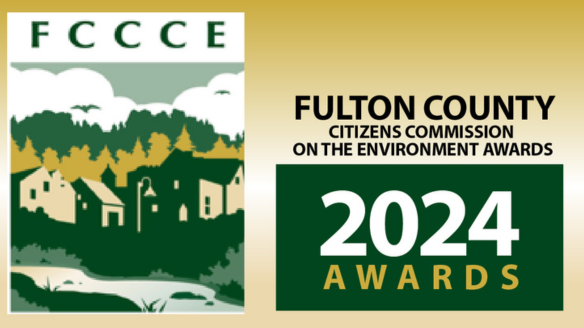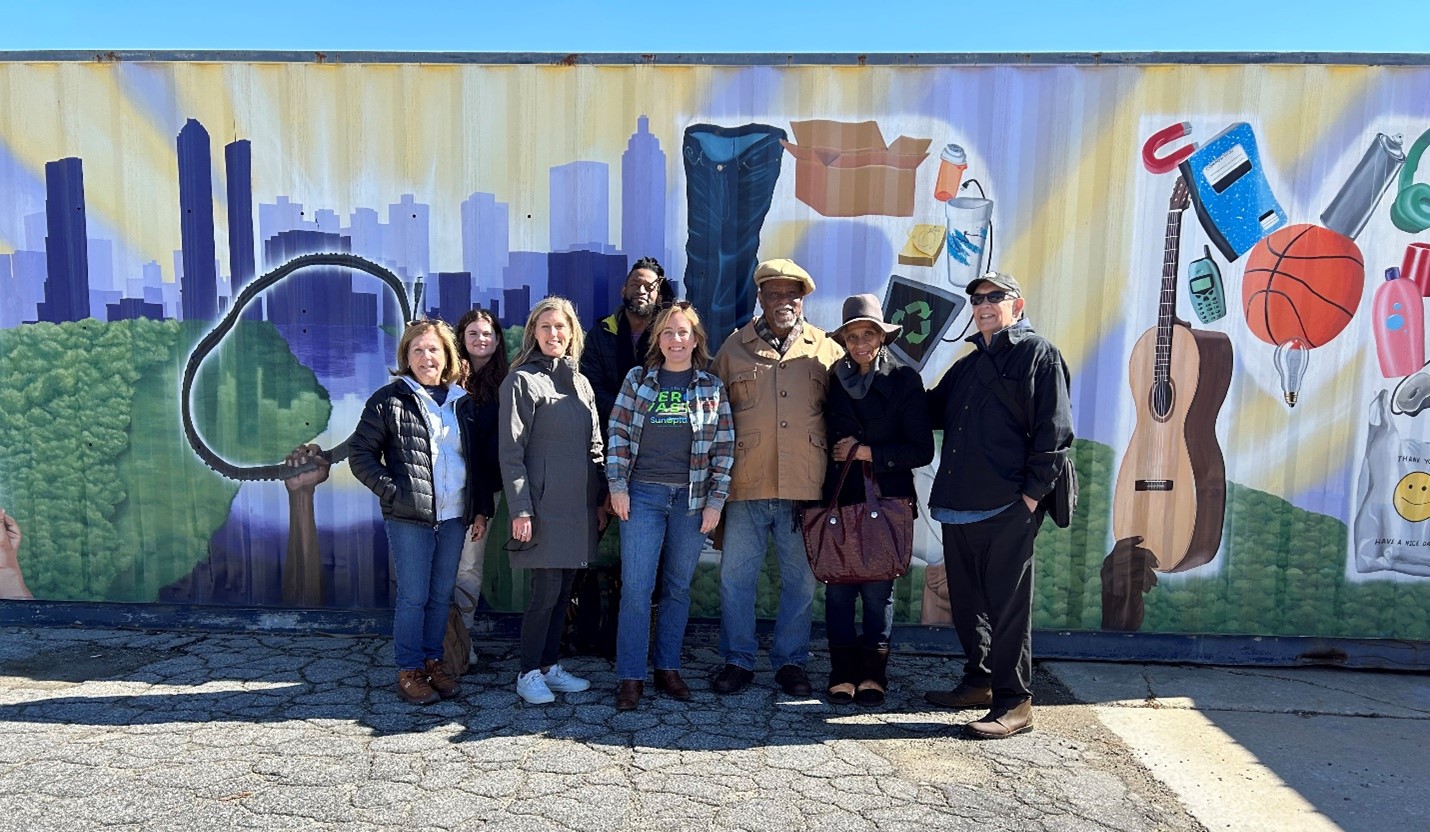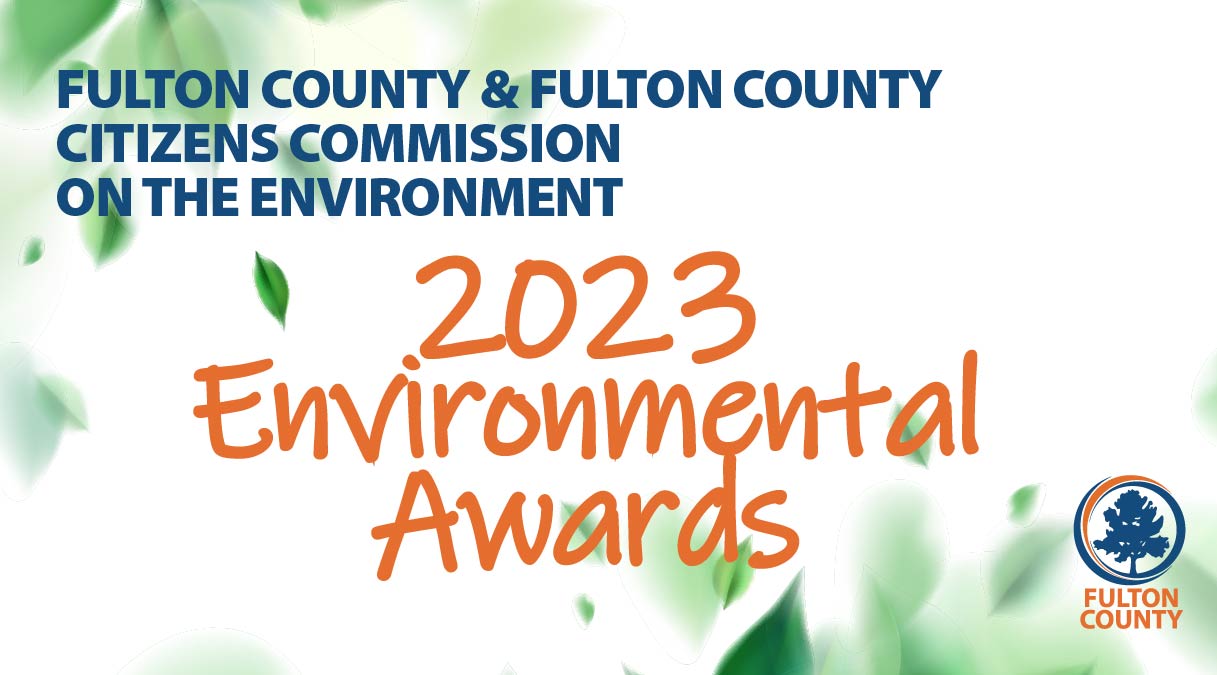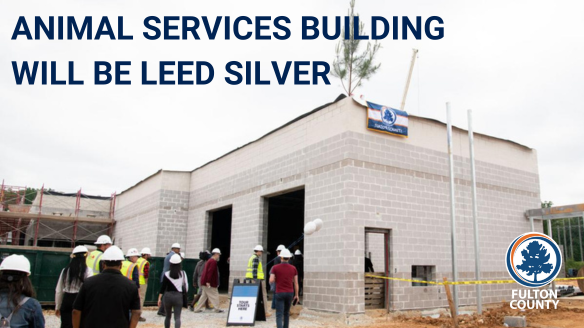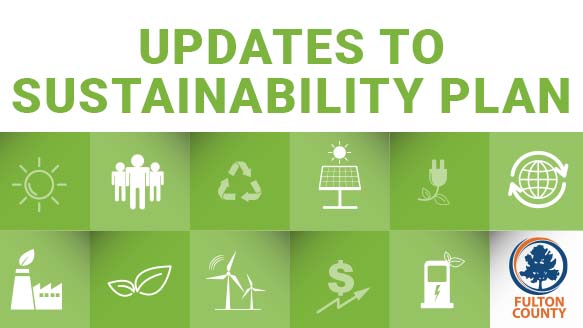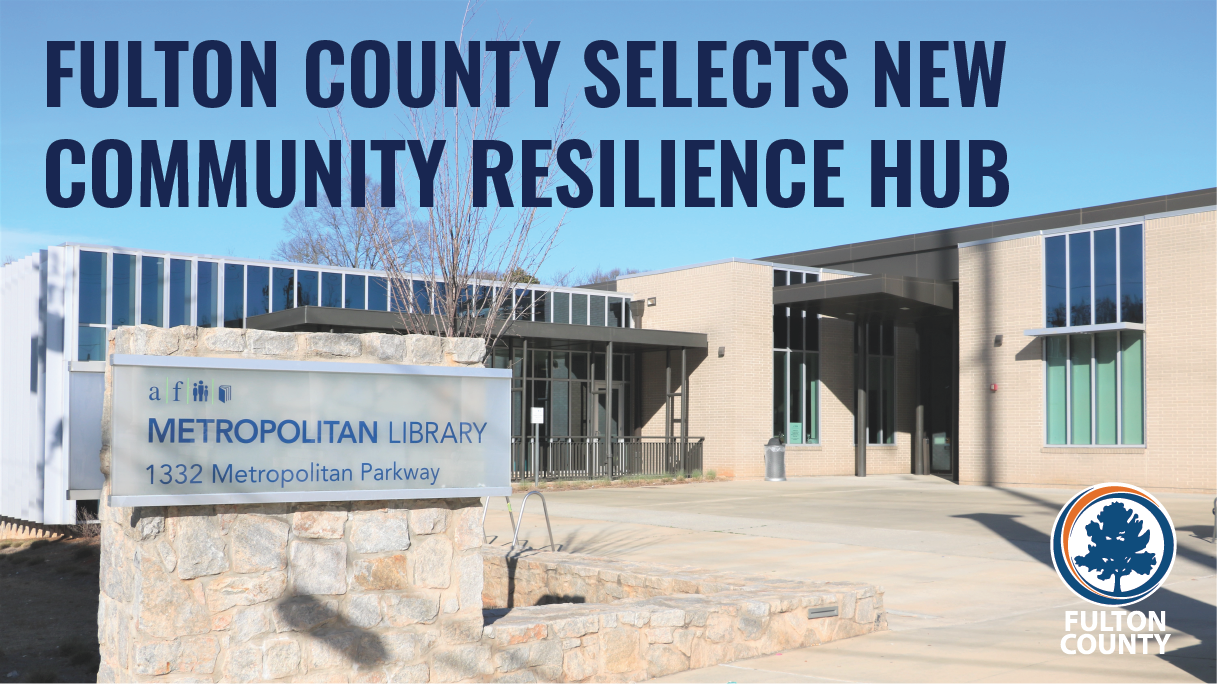Sustainability
Sustainability & resilience
Welcome to Fulton County’s Sustainability and Resilience homepage. On this page, you will find information about the county’s Sustainability and Resilience Plan and related news, initiatives, and resources for the community.
Sustainability & Resilience
Resources for Residents and Businesses
Federal Resources
Department of Energy Savings Tips
Energy and cost-saving tips for homeowners, renters, and drivers.
Federal Clean Energy Tax Credits
Tax credits for home efficiency upgrades available through 2032.
ENERGY STAR Energy Efficiency Program
Information about energy-saving ENERGY STAR appliances.
WaterSense Water Savings Program
Information about saving water and WaterSense appliances.
Environmental Justice Resources
Information about funding, planning, and partnerships.
Ready.gov Disaster Preparedness
How to prepare for flooding, thunderstorms, and hurricanes.
National Weather Service Safety Tips
Safety tips for cold, floods, heat, tornados, and more.
EPA Excess Food Opportunities Map
Interactive map with information about potential generators and recipients of excess food.
Regional Resources
Energy efficiency and healthy home upgrades for owner-occupied single-family homes in high energy-burdened neighborhoods (Atlanta residents only).
Atlanta Commercial Property Assessed Clean Energy (PACE)
Finance clean energy improvements via special assessments added to property tax and/or solid waste
bills (Atlanta businesses only).
Georgia Power Residential Energy Efficiency Rebates
Rebates for home energy efficiency improvements (Georgia Power customers only.)
Georgia Power Commercial Energy Efficiency Rebates
Rebates for energy efficiency improvements for businesses (Georgia Power customers only.)
Georgia Power Low-Income Energy Audits and Upgrades
Eligible households can get free home energy assessments and upgrade installation (Georgia Power customers only.)
UGA Cooperative Extension
Programs such as 4H, Master Gardeners, and school gardens.
Water Career Assistance
Workforce initiatives including recruitment, training, and job placement.
Georgia Resources
Drawdown Georgia
Data and resources about achieving net zero greenhouse gas emissions in Georgia.
Extreme Heat in Georgia
Flyer about ways to stay safe created by the Georgia Youth Environmental Coalition.
Georgia Home Energy Payment Assistance
Financial assistance to pay heating bills for eligible households.
Georgia Emergency Management Ready Georgia Campaign
How to make a plan and build a kit for a disaster.
Georgia Environmental Finance Authority
Programs for homeowners include the Weatherization Assistance Program and the Home Energy Rebate Program.
Georgia Recycling Coalition
Information about recycling and composting in Georgia.
Georgia Bright
A low-income solar leasing program with no up-front cost.
Fulton County Resources
Fulton County Water Efficiency Rebates
Rebates for toilets and smart leak detectors.
Low-Income Home Rehabilitation Program
Funding for eligible homeowners to repair, improve, and remove health or safety hazards from dwellings.
Atlanta-Fulton County Emergency Management Agency
Mitigate against, prepare for, respond to, and recover from natural or man-made disasters.
Resilience Fact Sheet - County
Click here to learn more about climate resilience tools for Fulton County.
Resilience Fact Sheet - Individual
Click here to learn more about climate resilience tools for individuals in Fulton County.

